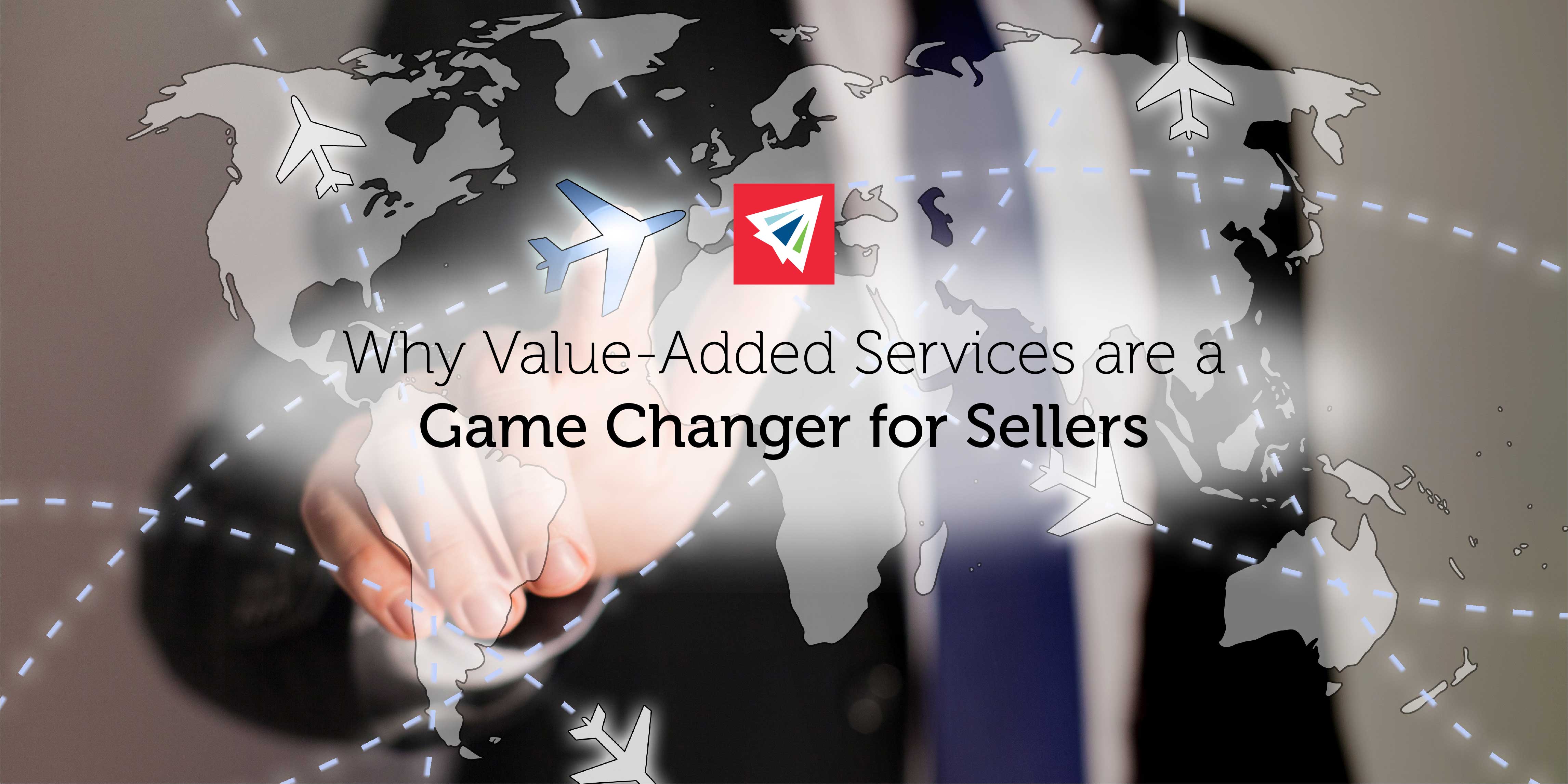One of the drawbacks to importing goods to the United States from other countries is that you will face various customs charges, one of these costs being import duties. However, many countries are getting clever to avoid these duties through Value Added Services, which we will discuss in a moment.
The actual duty rate paid on any import will vary based on the type of good being imported and it’s country of origin. Since one of the goals of duty rates is to promote domestically produced goods, import duties aim at increasing the cost of an imported good beyond the price paid for the goods. However, the United States is also concerned about promoting the economic growth of less developed countries. Thus, the government has released an import duty rate relief that applies to a particular group of countries indicated in the Generalized System of Preferences (GSP.)
Why is There a “Preferred Group”?
Countries listed in the GSP receive a tax break on imports to the United States as a courtesy offer from the U.S. government to promote international business relationships and economic development of these countries. Depending on the country of origin and type of product, duties will either be significantly lower than usual or free. There are roughly 40 countries currently listed under the GSP to receive import tax breaks when shipping to the United States.
Although these countries receive an advantage over nations outside of the preferred group, countries across the world have been getting clever in avoiding these taxes.
Value Added Services
Value Added Services is fancy for completing a project in another country than that it was started in. For example, a car frame can be manufactured and assembled in China, and then exported to Thailand (a country in the GSP) for the installation of a final component. This installation in Thailand would be listed as a Value Added Service.
The benefit of the Value Added Service is that during an import to the United States, the country of origin may be listed as the country in which the Value Added Service was performed. Thus, a country outside of the United States GSP preferred group may reap the benefits of preferred group countries by exporting near-complete goods to countries listen in the U.S. GSP for Value Added Services. The goods may then be imported to the U.S. from the preferred group country with the tariff rate benefits of that country.
What Does This All Mean?
While this “loophole” of sorts seems to be an unethical masking on the surface, the method actually continues to promote economic growth of the less developed nations listed in the GSP. When these countries accept imports from others, they are generating government revenue from their own tariff rates and encouraging local business through Value Added Services. If an exporting country should find that they can make efficient cost-breaks through exporting their products to countries in the U.S. GSP for Value Added Services, everyone wins in the end. The U.S. promotes less developed countries, the GSP countries receive the business of other foreign markets, and other foreign countries can find cost efficiencies through carefully fine-tuning their shipping methods.
If you would like to learn more about this topic, or have been/are considering implementing Value Added Services into your business practices, call our team at Interlog USA! We’d be happy to give you extra tips and industry news.

2 thoughts on “Why Value Added Services are a Game Changer for Sellers”